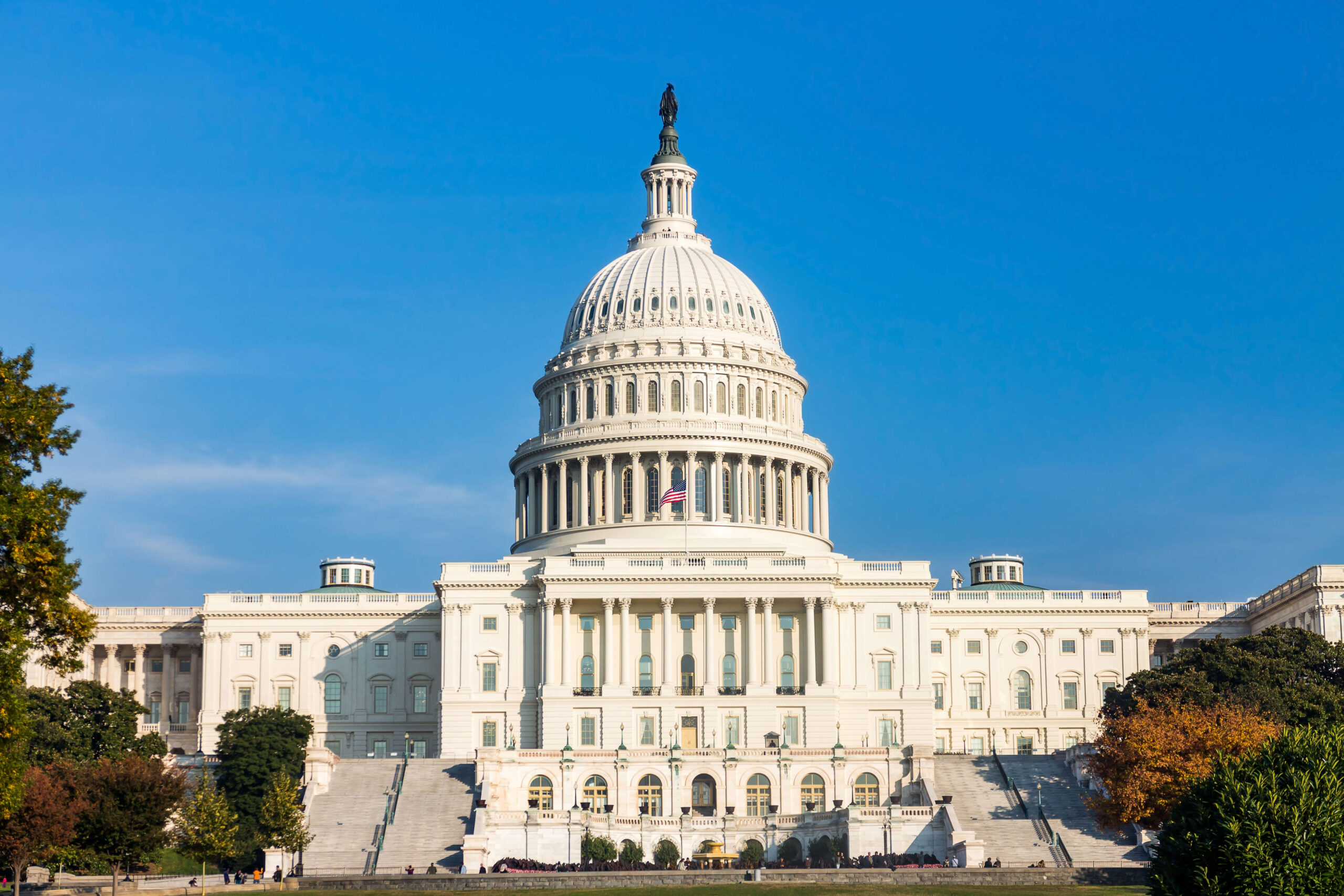Shutdown Fallout. Shortly after last week’s Buzz was issued, President Trump signed legislation to reopen the federal government after 35 days of a partial government shutdown. The short-term deal restores partial government funding until February 15, 2019 (which will arrive sooner than you may think). Reports are now coming out detailing the economic impacts of the partial government shutdown, but what will be the political ramifications? Bipartisanship was already at a low point prior to the shutdown, so the Buzz will be watching to see what impacts the shutdown will have on potential compromises on matters such as immigration, retirement, and nominations.
Joint-Employer Comments. January 28, 2019, was the deadline (finally) for submitting comments in response to the National Labor Relations Board’s (NLRB) proposed joint-employer rule. Nearly 29,000 comments were submitted. Among those business groups submitting comments were the Restaurant Law Center and the U.S. Chamber of Commerce. Rebuttal comments, which are not often available in most rulemakings, are due on February 11, 2019. So what happens next? Presumably, the Board will review the comments and issue a final rule (perhaps by fall of this year?). Of course, litigation over the final rule will inevitably follow. Further, the actual Browning-Ferris Industries decision is back at the Board, on remand from the U.S. Court of Appeals for the D.C. Circuit. Finality on this issue isn’t coming anytime soon (if at all).
NLRB Returns to Traditional Independent Contractor Standard. Speaking of the Board, late last week, in a case called SuperShuttle DFW, Inc., the NLRB returned to its traditional independent contractor standard based on the common law. In doing so, the Board overturned a 2014 decision that “impermissibly altered the Board’s traditional common-law test for independent contractors by severely limiting the significance of entrepreneurial opportunity to the analysis.” Bernard J. Bobber and Jesse R. Dill have an in-depth analysis of this important case.
H-1B Rule Finalized. On January 31, 2019, United States Citizenship and Immigration Services (USCIS) finalized its H-1B preregistration rule. The rule went from being proposed to being finalized in about two months, which included Christmas, New Year’s, and the 35-day government shutdown (though in fairness, the proposal had been offered in the past). Though USCIS had indicated that it hoped to have the rule in place for the upcoming H-1B cap season, the final regulation delays the effectiveness of the electronic registration process until 2020. Stephen H. Smalley and Melissa Manna have the details.
Paycheck Fairness Act Introduced. On January 30, 2019—10 years and one day after the enactment of the Lilly Ledbetter Fair Pay Act of 2009—Democrats in the U.S. Senate and House of Representatives reintroduced the Paycheck Fairness Act (PFA). Among other provisions, it would amend the Equal Pay Act of 1963 by replacing the “factor other than sex” defense with a “bona fide factor” defense that must be “job-related” and “consistent with business necessity”; would provide for uncapped compensatory and punitive damages; would require the Equal Employment Opportunity Commission and the Office of Federal Contract Compliance Programs to develop mechanisms for the collection of employee compensation data from employers; and would enact prohibitions on the use of, or inquiry into, applicants’ pay history. The bill would also authorize a grant program “to carry out negotiation skills training programs for girls and women” and establish a national award for pay equity in the workplace. The PFA was originally introduced in 1997, and it has been about five years since there was any real legislative activity on the bill. But now that Democrats are in control of the House, the Buzz expects the PFA to get more attention this year.
More on OSHA Final Reg. Last week, the Buzz reported on the Occupational and Safety Health Administration’s (OSHA) finalization of its injury and illness reporting regulations, so we want to alert our readers to this great analysis provided by John F. Martin. Further, although the Buzz predicted some continued litigation over this regulation, we didn’t think it would happen so quickly.
NFL Pander-monium in Congress. With the government shutdown over, our members of Congress will now have the time to refocus their energy on the various serious policy debates impacting our country—such as relitigating the blown call in the NFL’s NFC championship game that occurred on January 20, 2019. Let’s just say members of the Louisiana congressional delegation aren’t so happy with what transpired. First, Representative Cedric Richmond (D-LA) issued a statement about the incident in which he raises the prospect of “inviting” NFL Commissioner Roger Goodell to the U.S. House Committee on the Judiciary “to answer some important questions about the unfair call against the Saints.” Second, Senator Bill Cassidy (R-LA) brought visual aids to the floor of the Senate to help analyze the call. With the current government appropriations set to expire on February 15, 2019, the Buzz is hopeful that there will be no controversial calls in Sunday’s Super Bowl that might interfere with the important work that Congress does.





